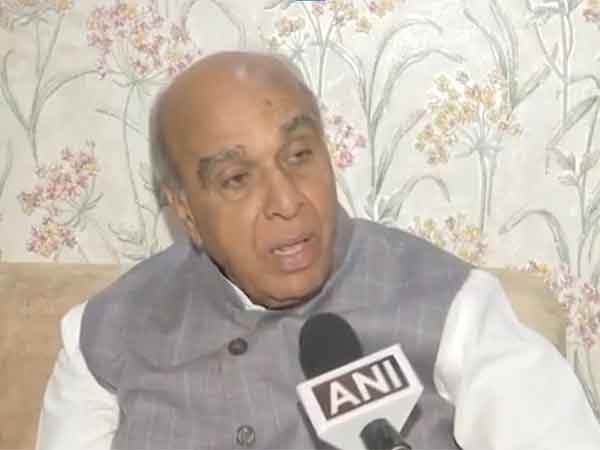Capitalism, Communism are extreme forms of governance, cooperative model best suited for India: Amit Shah
Jul 04, 2022

New Delhi [India], July 4 : Noting that the world adopted both the capitalist and communist models and both are extreme models, Union Home and Cooperation Minister Amit Shah said on Monday that the cooperative model is the middle way and best suited for India.
"In last 100 years, different countries adopted two models - communism and capitalism. But I can say it definitively that the cooperative model is the middle path, it is a model that succeeds," Shah said at an event organised to celebrate the 100th International Day of Cooperatives.
The main theme of the event was 'Building a Self-Reliant India and a Better World through Co-operatives'.
He said a strong foundation of the cooperative movement has been laid and "it is now our responsibility and that of the generations to come to build a strong structure on this foundation".
He said cooperatives have to keep up with the modern times, by combining technology and professionalism, so that they can progress into the future.
It is a day to modernize the cooperative sector, to channelize the spirit of cooperation and contribution among the people, to create equality among communities and to show them the path of co-prosperity, the minister added.
Shah said the country is celebrating Azadi Ka Amrit Mahotsav and people have to pledge that 2047 will be the year when the cooperative movement will be at its peak in the country.
He asserted that unbalanced development has been caused by the prevailing economic model and to make it all-inclusive the cooperative model has to be popularized, which will lead to the creation of a self-reliant India.
"More than 12 per cent of the world's population is associated with cooperatives through more than 30 lakh cooperatives. The joint cooperative economy of the world is the fifth-largest economic unit and this is a great achievement," the Home Miniter added.
He said that there is a misconception amongst many people that cooperatives have failed but they should look at the global data which shows that cooperatives contribute a lot to the GDP of many countries.
The Minister gave the example of IFCO, Amul and KRIBHCO and how they have set their position among 300 successful cooperative societies across the world, and said "we (government) are ready to do everything for the development and welfare of cooperatives, you just start working".
Mentioning that around 8.5 lakh cooperative societies are run across India and 51 per cent of them are in villages, the Minister also assured that the country's cooperative societies will help in taking organic produces of farmers into the world market.
To keep transparency, the Minister said there will be a database of cooperatives and that the government will work on its expansion.
He also urged people to make Cooperatives 'Atmanirbhar' (self-reliant).
Shah was the Chief Guest at the celebrations of the 100th International Day of Cooperatives, jointly organized by the Ministry of Cooperation, Government of India and National Cooperative Union of India (NCUI)-- an apex organization of the cooperative movement in India with a focus on cooperative education and training.
In a move to further strengthen the cooperative sector, the Union Cabinet last week approved the computerization of Primary Agricultural Credit Societies (PACS).
The decision is aimed at increasing the efficiency of PACS, bringing transparency and accountability in their operations; facilitating PACS to diversify their business and undertaking multiple activities and services.
This project proposes the computerization of about 63,000 functional PACS over a period of five years with a total budget outlay of Rs 2,516 crore.
The Union Minister for Dairy and Fisheries Parshottam Rupala, the Minister of State for Cooperation BL Verma, and President, ICA-AP Chandra Pal Singh were also among those attending the celebration. The meeting was presided over by President, NCUI Dileep Sanghani.


















